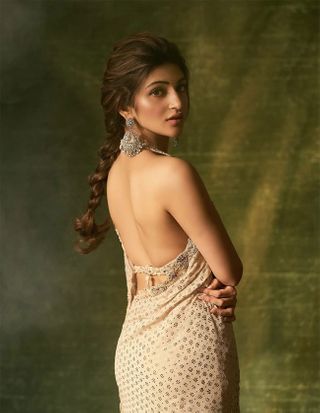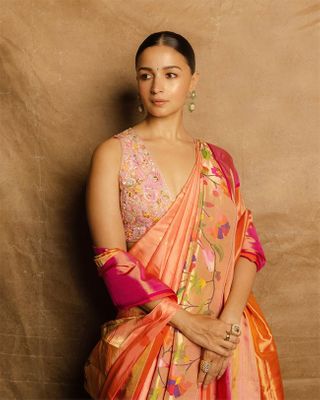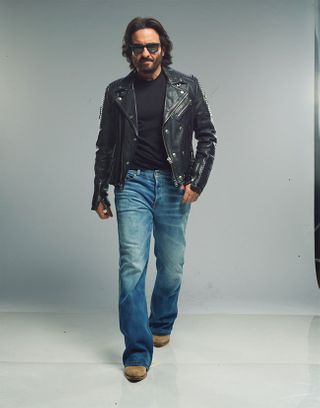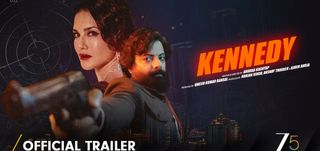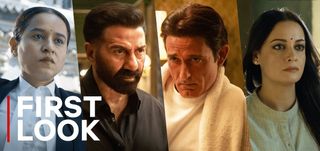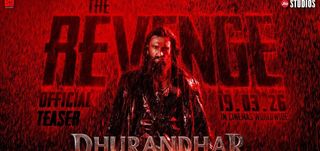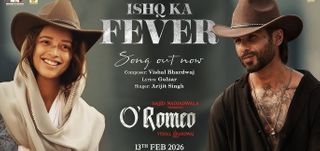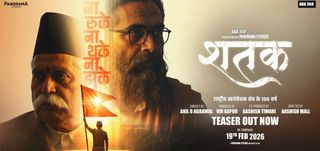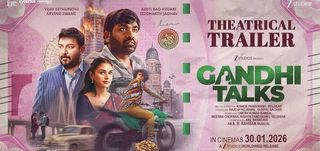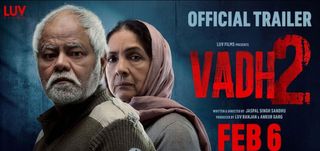
Lage Raho Munnabhai Movie Review
It's all a chemical 'locha' (aberration). Munnabhai meets Mahatma Gandhi and they get along like a house on fire. The prophetic leader from the past has a blast as he tells Munna (Sanjay Dutt) how to deal with an avaricious builder (Boman Irani) and other problems in life.
It looks like Circuit (Arshad Warsi) has competition this time. Even as he remains fiercely loyal to his mentor Munna, the latter shifts his attention to the lovely Radio Jockey Jahanvi and Mahatma Gandhi. The father of the nation keeps appearing in Munna's daytime reverie to advise the benign gangster on love, life and other vagaries of being human.
Munna and Circuit, arguably cinema's most adorable and roguish reformists since Laurel and Hardy, go about the business of generating humour out of the pathos of human conditions. The sequences, all fiercely path breaking, have us in splits.
Watch the love-lorn Munnabhai answer a Gandhian quiz on a phone-in radio quiz with the help of kidnapped professors... it's one of the most comically animated sequences seen in movies of the new millennium.
To look at "Lage Raho Munnabhai" as a 'serious comedy' is to seriously undermine the motivations and impact of the series.
Playing the street-smart ruffians with cool hearts, Sanjay Dutt and Arshad Warsi bring a chirpy enchantment to their roles. Their parts have hefty hearts, but there's more. There's also innocence and a desire to make the world a better place.
Although some of the music and jokes are derived from the first film, this time Hirani takes the duo further down the road of moralistic mirth to create what can easily be deemed the most significant satire in Indian cinema since "Munnabhai MBBS".
Munna and Mahatma Gandhi make an interesting combination. While outwardly the two seem as disparate in time and personality as Sanjay Dutt and his father Sunil Dutt, both are in essence all heart and no guile.
The Munna-Mahatma dialogues sparkle with satirical wisdom, thanks in no small part to Dutt and Dilip Prabhavalkar (who plays Gandhiji with tongue-in-cheek conviction). The dialogues by Hirani and Abhijeet Joshi constantly probe the moral and social system of the nation without getting hysterical on homilies.
The film makes light of national issues without trivialising the cult of conscience.
"Lage Raho Munnabhai" is a parable on love and companionship. Whether it's Munnabhai's bonding with his faithful companion Circuit, or Munna courting his ladylove (Vidya Balan) and Gandhism, the narrative dodges false notes by remaining sincere to the characters.
Every actor gets a chance to be special in this enriching take on non-violent protests. Sanjay Dutt proves yet again that he has shaped into a fine performer who can mingle poignancy with satire the way Raj Kapoor did in films like "Shri 420" and "Awara", or like Sunil Dutt did in "Milan" and "Meherbaan".
But Warsi manages to steal some scenes from Dutt... That's how effective he is! Surely he's one of the finest young actors today.
Vidya Balan is gloriously glamorous and likeable though she could have toned down those expressions of coyness.
However, some emotional moments, like those between Jimmy Shergil and his screen-father Parikshit Sahni or the flamboyant wedding finale starring Diya Mirza, do not have the impact one thought they would.
Though a wee short of tears, "Lage Raho Munnabhai" goes a long way in creating an endearing parable on the importance of being earnest in a world of growing duplicity.
The narrative is so heart-warming and the characters so full of human kindness, that you wait for the plot to be weighed down by excessive self-importance.
The fall never happens. "Lage Raho Munnabhai" remains true to its characters till the end.
One of Munna's favourite words is 'daring'. It must also be Raj Kumar Hirani's favourite as he dares to dream of Gandhian peace in a world of extravagant cynicism and rancour.
When the aggressive Munna turns<
OTHER REVIEWS







